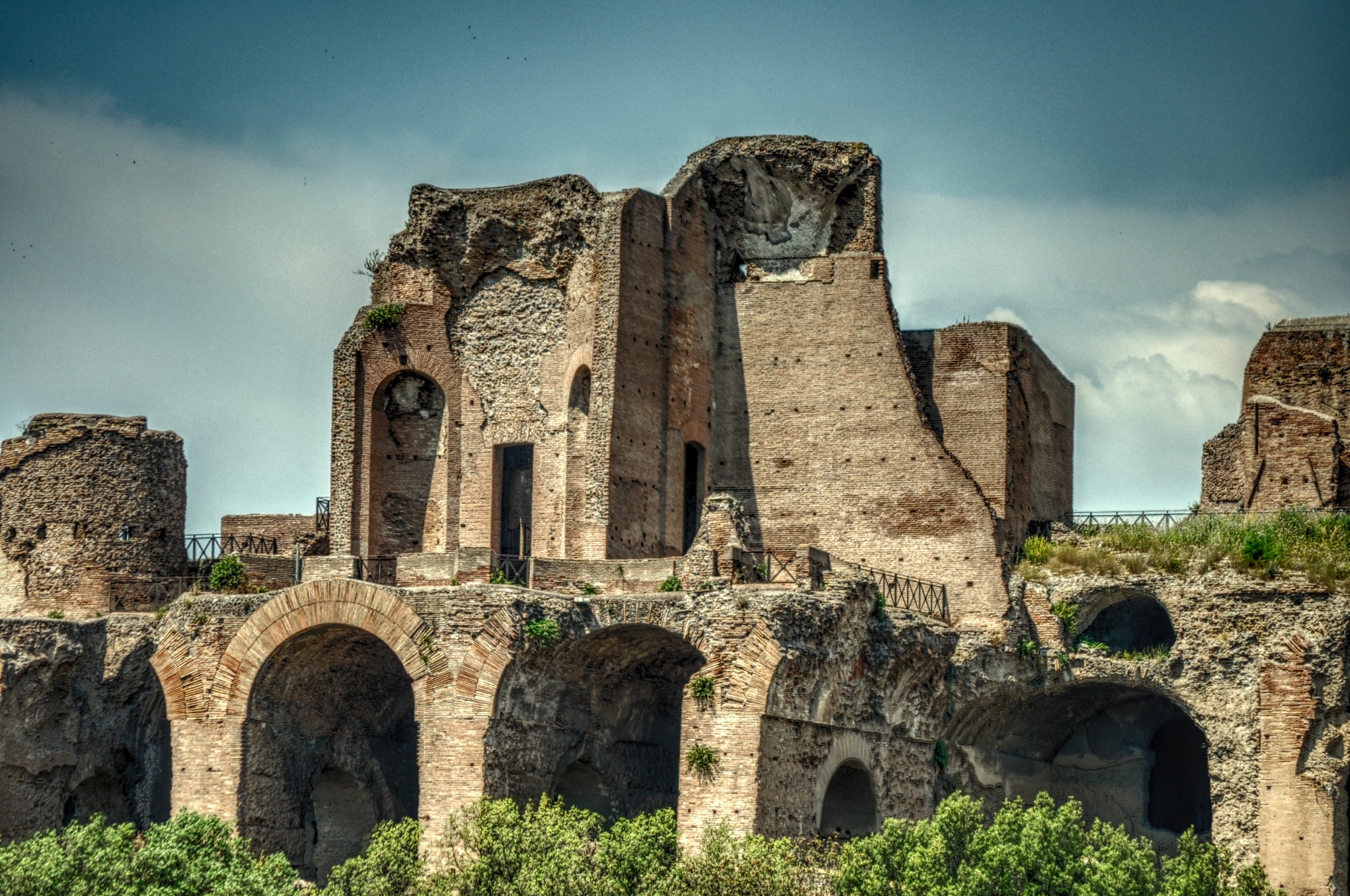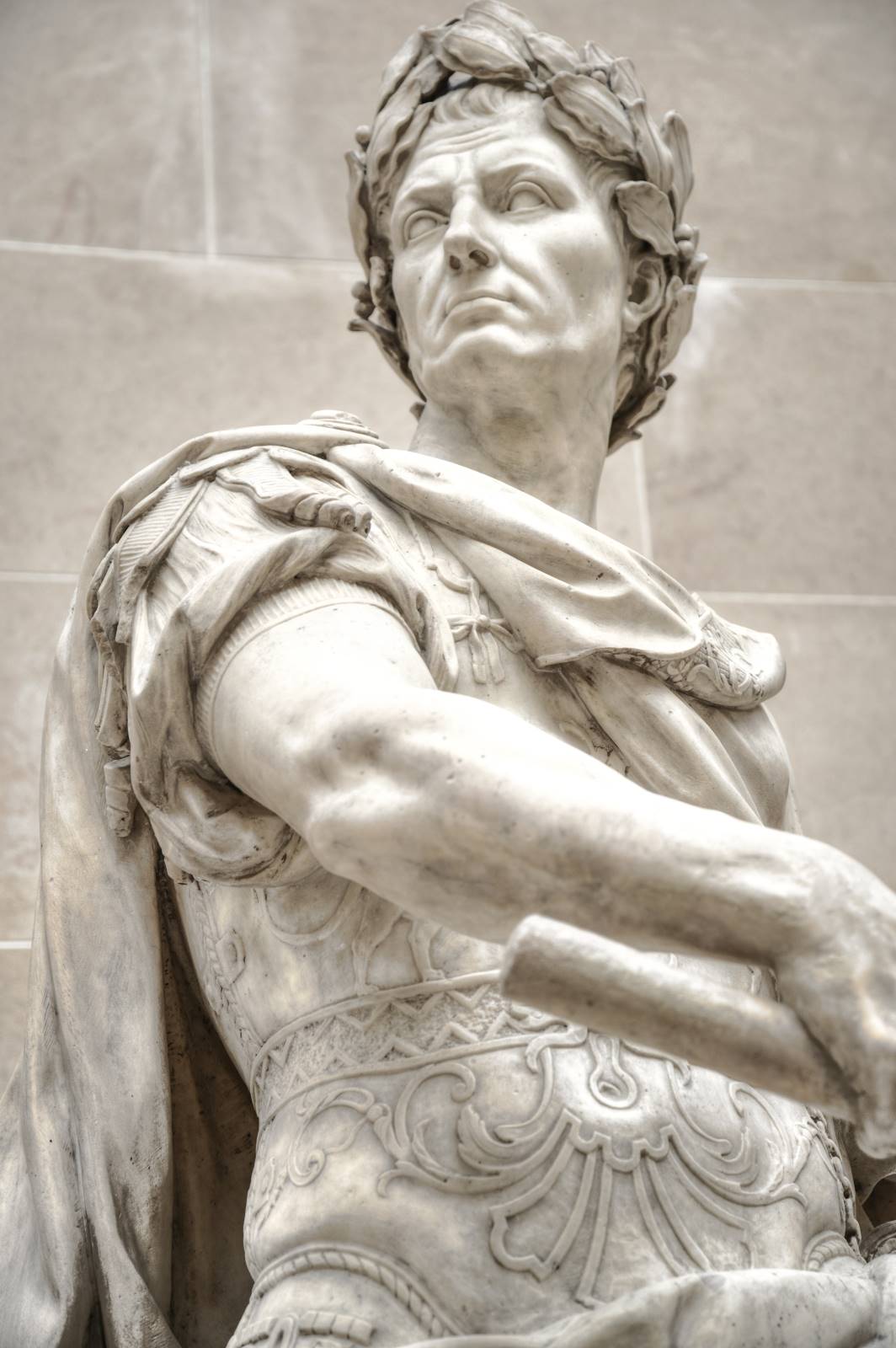A-Level Latin
 |
 |
Awarding Body |
Course Code |
Head of Department |
|
|
OCR |
H443 | Alex Millington | millin-a@beaconsfieldhigh.bucks.sch.uk |
Why study this course?
The study of Latin involves formal analysis of language that develops the student’s understanding both of linguistic terminology, and of how languages tend to function. This greatly facilitates independent study of other languages later in life. The study of Latin literature requires the student to engage critically with rhetorical, historiographical, and poetic texts. This develops the student’s ability to analyse and evaluate texts within their historical, political, social, and cultural contexts: a necessary skill within modern society. Engaging with Roman authors in the original language also helps to develop a sense of cultural relativity and imaginative empathy. The study of Roman literature, and in particular of Roman poetry, has given lifelong pleasure to generations of students.
Latin is known to be an intellectually rigorous subject that requires and develops a wide range of transferrable skills, including a very high level of attention to detail and a grasp of linguistic nuance. As such, an A-level and/or degree in Latin is highly valued in many professions, including law, the civil service, journalism, and management consultancy.
What level of prior knowledge, attainment and skills are required?
The entry requirement is a 7 in Latin at GCSE.
A-level Latin will suit anyone with an interest in linguistics, poetry, and the ancient world. Because A-level Latin involves the study of Latin literature within its historical context, it can synergise powerfully with English and History. The study of Latin can facilitate understanding of the many ways in which English literature and Early Modern culture were influenced by Roman literature. The mytho-religious dimension which lies at the heart of many Latin poems can also generate synergies with Religious Studies. On the other hand, many students who focus on Maths and the sciences also enjoy and excel at detailed linguistic analysis. For these students, the fact that Latin also involves the study of history and literature enables them to develop a range of humanities-skills alongside the sciences.
What does the course cover and how is it structured?
The course consists of the study of the Latin language (both its grammar, and the technique of reading continuous prose and verse), and of Latin literature. All students must study both prose and verse literature, but are able to choose the precise texts they want to study from the shortlist provided by OCR, which changes every two years.
How is the course assessed?
Unseen Translation (33%)
Prose Composition (translation English into Latin) OR Comprehension (17%)
Prose Literature (25%)
Verse Literature (25%)
How can families help?
Family trips to the British Museum in London, the Ashmolean Museum in Oxford, and the Ure Museum in Reading, as well as to the Roman Baths in Bath and other Roman sites in the UK and beyond would all help to provide extra context and inspiration.
Parents might like to encourage the reading of classical authors in translation, and regularly make themselves regularly available to test on both grammar and vocabulary.

 Beaconsfield High School
Beaconsfield High School